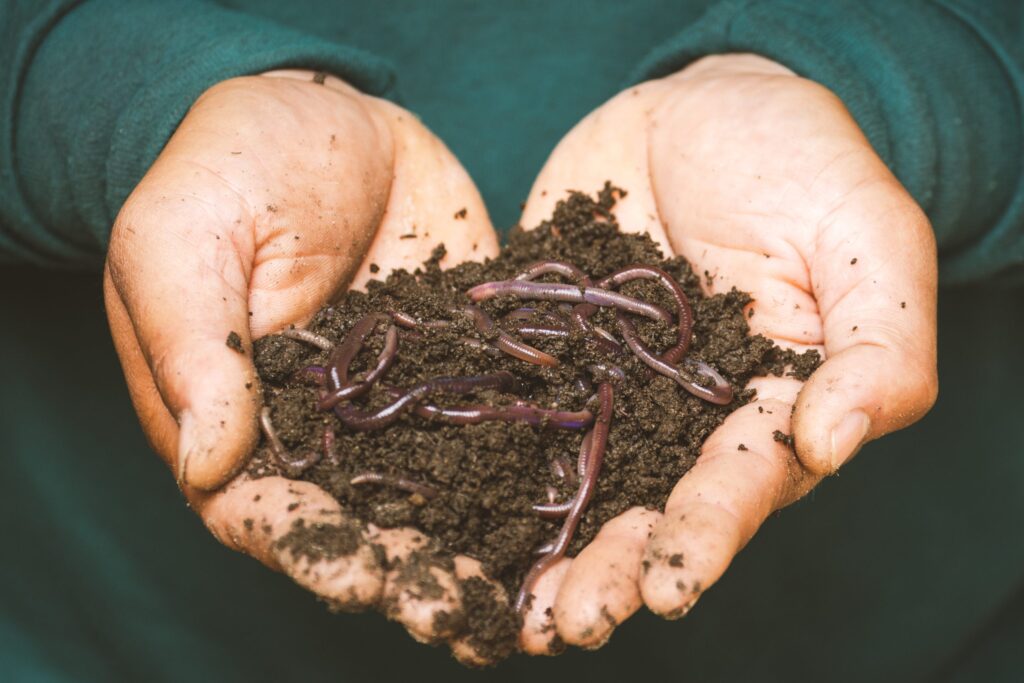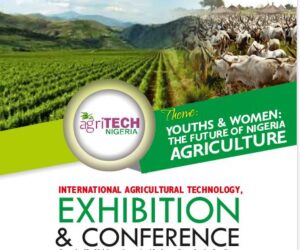
A Saudi farmer, Mohammed Al-Shaer, of Al-Dhafir village in the Baha region of Saudi Arabia, has established a thriving vermicomposting operation on his farm, producing high-quality organic fertiliser from earthworms.
According to a report by the Saudi Press Agency (SPA), the Al-Shaer venture began about a year ago with a simple setup: a single 5- 5-metre long, 60cm-high tank housing roughly 2,000 worms.
The worms were fed a diet of dry leaves, organic waste, and food scraps and were closely monitored for four consecutive months, yielding over 100 kg of nutrient-rich compost and a tenfold increase in their population.
Explaining what he has gained from the experiment conducted, Al-Shaer explained in an interview with the Saudi Press Agency saying, ”Through extensive field trials and research into global best practices, I hve gained insight into worm behaviour, needs and breeding techniques.”
The report had it that Al-Shaer operation has since expanded to four tanks, producing enough vermicompost to fertilize about 250 trees on his property.
Al-Shaer added: ”The worms naturally enhance soil quality, optimize nutrient cycling for crops, and develop sound agricultural practices to enhance the production of fruits and vegetables.”
According to him, he looks forward to scaling up his project to develop it into a comprehensive operation that produces large quantities of worm compost.
Al-Shaer also noted that he intends to raise awareness about this ecofriendly practice among fellow farmers through agricultural festivals in Saudi Arabia, and encourage his contemporaries to use organic fertilizer as an alternative to chemical fertilizers which he said can harm soil, plants and human health.
Local officials, notably Fahd Al-Zahrani, director-general of the branch of the Ministry of Environment, Water and Agriculture in Baha, have expressed support for Al-Shaer’s proposal.
An Associate Professor of Applied Nutrition at Al-Baha University, Dr. Lubna Saad, emphasized the scientific benefits of vermicomposting.
He described it as a potent mixture of warm castings and processed organic matter.
” These worms consume most of the organic inputs, transforming them into vermicompost,” Saad said in an interview with Saudi Press Agency.
”The resulting material is then sifted and filtered, producing a ready-to-use fertilizer suitable for all types of agricultural fields. It significantly enhances the soil’s ability to absorb and retain water,” Saad added.
Farmers who participated in the recent Khayrat Al-Baha Festival praised Al-Shaer’s initiative. They noted improvements in their crop quality after using the organic fertiliser, the Saudi Press Agency reported.








